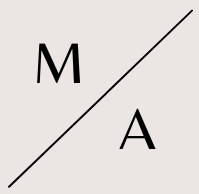Service
bankruptcy law
Chapter 7 and Chapter 13 bankruptcy
Chapter 7: In this form of bankruptcy, all of your “unsecured” debt is eliminated entirely. Your “unsecured” debt is the debt that was incurred through the use of credit cards, by medical bills, through payday loans, and other unsecured credit you have received. In this Chapter, your house and property are not likely to be involved in any way. You will keep all of your property and eliminate all of your debt that is not “secured” by your property.
Chapter 13: There are two reasons that people file for this Chapter of bankruptcy. The first is sometimes their income is too high to qualify for a Chapter 7 bankruptcy and it is necessary to pay some debt back to creditors at a lower amount than they would receive otherwise. The second reason is you may lose your home because you have not been able to maintain your mortgage payments and foreclosure proceedings have begun or are imminent. In this case, filing bankruptcy will immediately stop all foreclosure proceedings and give you up to 5 years to repay the arrears that you have accumulated.

Process
You will gather all of your financial information and submit it to attorney mckeel who will transfer that information into your bankruptcy petition
after your case has been filed, the court will set a date for the 341 hearing, which you will attend with attorney mckeel to review your petition with a trustee
in a chapter 7 case, you will not have to do anything other than attend the 341 hearing
In a chapter 13 case, you will know the exact amount that you have to repay to your creditors over a period of 3 to 5 years.
lastly, you will receive a discharge order, which means that all of your unsecured debt has been eliminated and you are current on all other debt
Final Result
Peace of mind that you will not have to worry about your debt again.
Office Hours
Daily – 9:30 am to 6:30 pm

